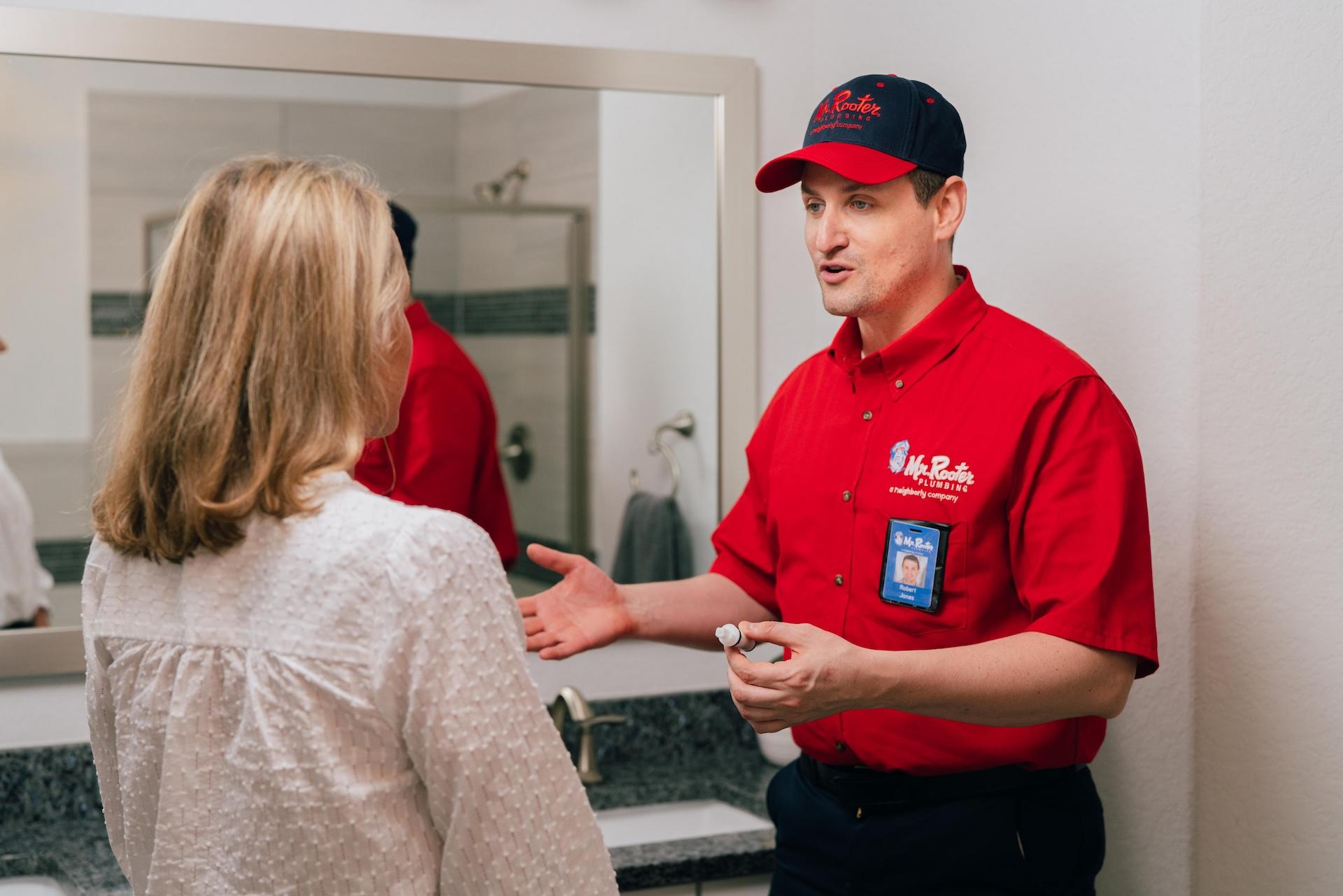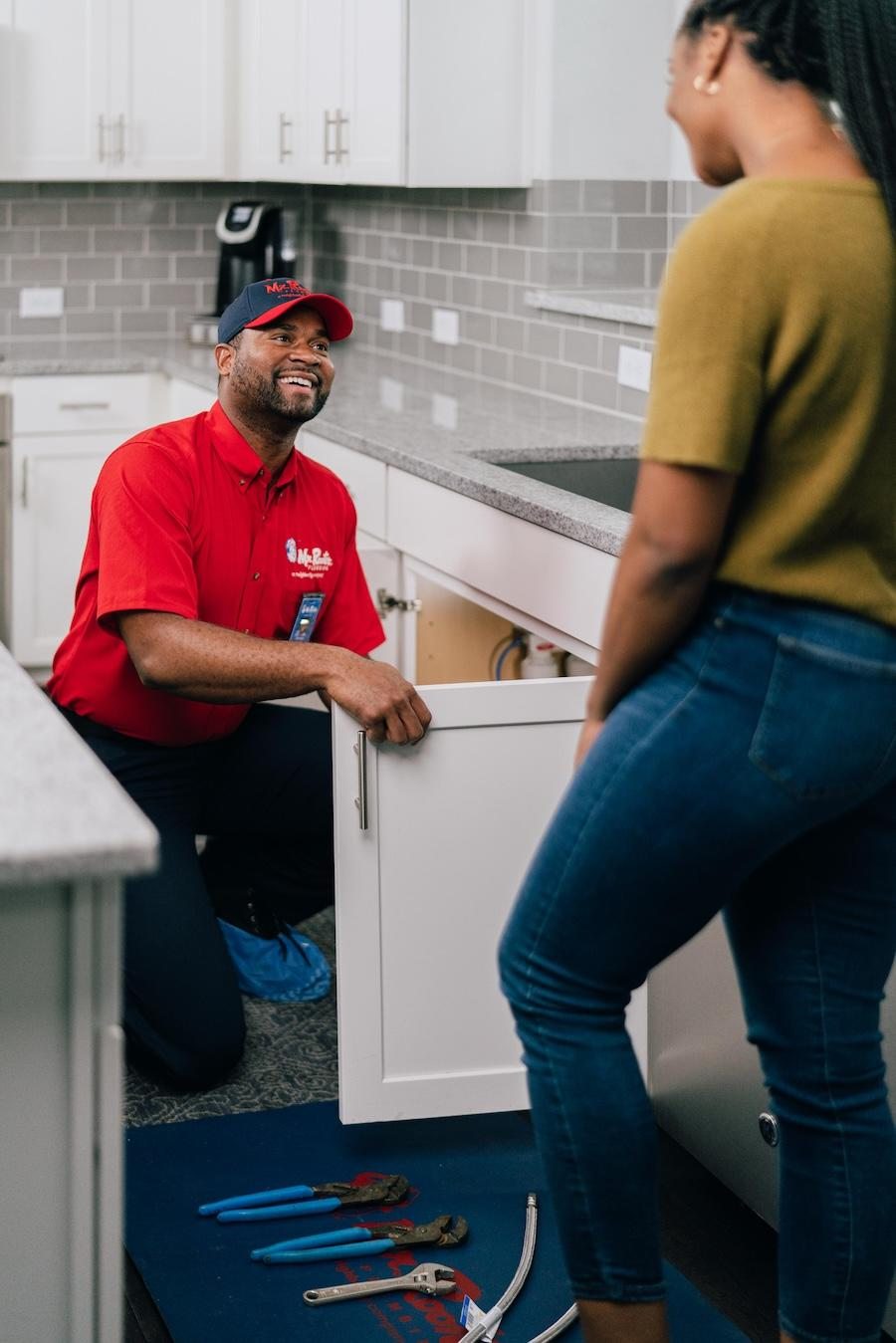Yes, tree roots are naturally drawn to the moisture in your sewer lines and can grow into the pipes, causing blockages and damage. Regular sewer line inspections can help detect and address root intrusion before it causes major issues.
Call This Tuesday to Get $50 OFF
Call us Now to Get $50 OFF.
Ratings based on 6379 reviews
Local Plumbers, Local Reviews


